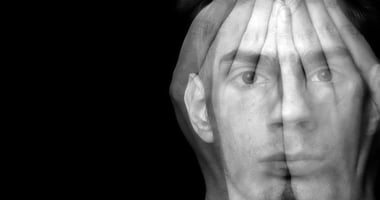People who experience psychosis following the use of cannabis, hallucinogens, or amphetamines...
Early Psychosis Intervention Program Found to Increase Patient Contact With Psychiatrists, Reduce Mortality
 |
The findings add to growing evidence of the value of early psychosis intervention services to connect patients with care and improve health outcomes.
In the current study, Kelly K. Anderson, Ph.D., of the University of Western Ontario in Canada and colleagues examined the real-world effectiveness of a well-established EPI program over a 17-year period using linked health administrative data. They compared various health outcomes (such as rates of self-harm, suicide, and all-cause mortality) and use of health services (including primary care, outpatient psychiatry, and inpatient hospitalizations) by people who were using EPI services with a matched group of control subjects who were not accessing EPI services.
The authors found that in the first two years following admission, EPI service users were six times more likely to have had contact with a psychiatrist and had a more rapid time to the first psychiatric contact after program admission (an average of 13 days compared with 78 days for EPI nonusers). EPI service users were less likely to visit the emergency department compared with nonusers, but this group had higher rates of hospitalization.
There were no differences in rates of self-harm or deaths by suicide; however, EPI service users had a roughly 75% lower rate of all-cause mortality compared with nonusers.
“[M]any of the observed benefits did not persist in the period from two to five years postadmission, when care is typically stepped down to medical management,” Anderson and colleagues wrote. “These changes in patterns of service use are likely a consequence of both reductions in the intensity of EPI services and improvements in the clinical status of nonusers, due to the natural trajectory of psychosis.”
They concluded, “Overall, our findings support the effectiveness of EPI services for the treatment of first-episode psychosis in the larger health care system context.”
To read more on this topic, see the Psychiatric News article “Psychosocial Treatments Found Effective for Early Psychosis.”
(Image: iStock/Squaredpixels)






